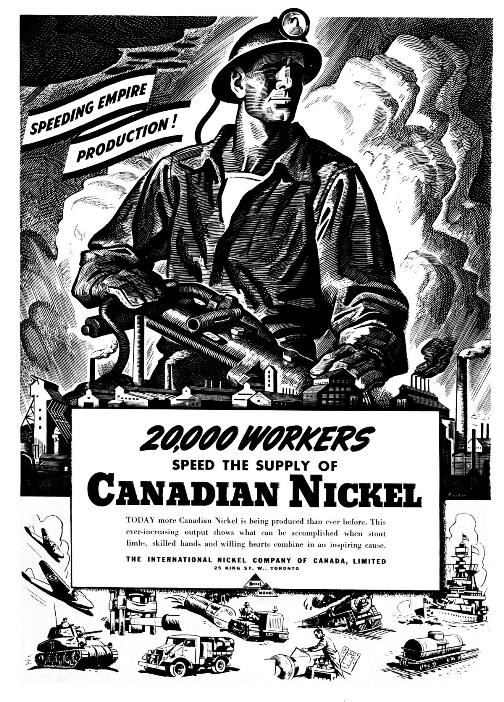Marilyn Scales is a field editor for the Canadian Mining Journal, Canada’s first mining publication. She is one of Canada’s most senior mining commentators.
Rumours are swirling this week that Vale SA CEO Roger Agnelli is being forced out of his job. Evidently the Brazilian government seeks greater control over the company saying Agnelli has not aligned the company with “national interests” despite record profits.
Ordinarily, putting a government agenda ahead of good corporate management would herald a sharp downturn in a company’s share value. Anything that hints of government interference – be it nationalization, government resource ownership or excessive taxes and royalties – usually scares off investors very quickly. Vale will be lucky to avoid this sort of disaster.
Vale’s public image in Canada has been deeply tarnished by a pair of strikes – one lasting a year in Sudbury and the other lasting 14 months in Labrador. Despite promising to spend $10 billion over five at its Canadian operations, the company is still viewed with distrust by many people.
Adding greater Brazilian government influence over the company will do nothing to endear Vale to residents of Sudbury or anywhere else in Canada.

























